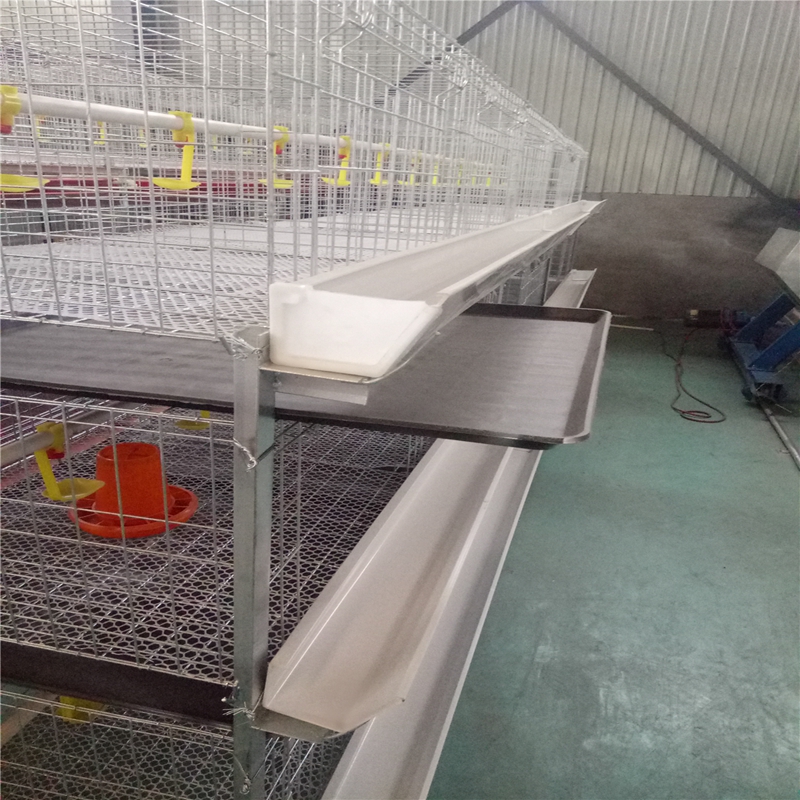animal feed hammer mill
Dec . 04, 2024 09:19 Back to list
animal feed hammer mill
The Importance of Animal Feed Hammer Mills in Modern Agriculture
In the realm of animal husbandry, the efficiency and quality of feed production play a pivotal role in ensuring optimal livestock health and productivity. One of the most critical machines in this process is the animal feed hammer mill. This equipment not only streamlines the feed production process but also enhances the nutritional quality of the feed, making it a cornerstone in modern agricultural practices.
What is an Animal Feed Hammer Mill?
An animal feed hammer mill is a type of grinding machine that is designed to crush feed ingredients into smaller particles. It operates by using high-speed rotating hammers to pulverize the feed materials, such as grains, forage, and even fibrous materials. The resulting fine particles can then be mixed into balanced rations for various types of livestock, including poultry, cattle, pigs, and sheep.
Benefits of Using a Hammer Mill
1. Improved Feed Efficiency By grinding feed ingredients into smaller particles, hammer mills increase the surface area of the feed, which aids in digestion for livestock. Animals generally consume ground feed more efficiently, leading to better nutrient absorption and reduced waste. This improved feed efficiency translates into healthier animals and can significantly lower feeding costs.
2. Customizable Feed Production One of the significant advantages of hammer mills is their ability to create a customized feed blend. Farmers can adjust the size of the feed particles by changing the screen size of the mill. This flexibility allows for the production of finely ground feed for younger animals that require a different texture compared to adults.
3. Versatile Processing Capabilities Animal feed hammer mills are capable of processing a wide range of materials, from grains like corn and wheat to fibrous ingredients like alfalfa and beet pulp. This versatility makes them suitable for producing various types of animal feeds, including mash, pellets, and granules.
animal feed hammer mill

4. Reduced Ingredient Variability Consistency is critical in feed production. Hammer mills ensure that all ingredients are uniformly ground, contributing to a consistent feed mix. This uniformity helps in maintaining animal health and optimizing growth rates, as variations in feed composition can lead to nutritional imbalances.
5. Cost-Effectiveness Although the initial investment in a hammer mill may be significant, the long-term benefits outweigh the costs. Enhanced feed efficiency, reduced ingredient wastage, and the ability to produce high-quality mixed feeds result in substantial savings over time. Moreover, the option to create custom feed blends can help farmers respond to market changes and minimize reliance on commercial feed suppliers.
Maintenance and Operation of Hammer Mills
To ensure optimal performance, regular maintenance of animal feed hammer mills is essential. This includes checking and replacing worn hammers, screens, and bearings. Additionally, proper operation techniques, such as feeding materials evenly and avoiding overload, can extend the machine's life and enhance productivity.
Training staff in the correct operation and maintenance of hammer mills is equally important. Understanding how to operate the machinery safely and efficiently minimizes the risk of accidents and equipment failure, leading to a more productive farming operation.
Conclusion
The role of the animal feed hammer mill in agriculture cannot be overstated. It is a critical tool that enhances feed quality, improves animal health, and contributes to the overall efficiency of livestock management. As the demand for animal protein continues to rise, investing in advanced feed processing technology, such as hammer mills, is a strategic decision for farmers looking to optimize their operations. With their ability to produce customized, high-quality feed efficiently, hammer mills are indeed an indispensable asset in modern agriculture.
-
Hot Sale 24 & 18 Door Rabbit Cages - Premium Breeding Solutions
NewsJul.25,2025
-
Automatic Feeding Line System Pan Feeder Nipple Drinker - Anping County Yize Metal Products Co., Ltd.
NewsJul.21,2025
-
Automatic Feeding Line System Pan Feeder Nipple Drinker - Anping County Yize Metal Products Co., Ltd.
NewsJul.21,2025
-
Automatic Feeding Line System - Anping Yize | Precision & Nipple
NewsJul.21,2025
-
Automatic Feeding Line System - Anping Yize | Precision & Nipple
NewsJul.21,2025
-
Automatic Feeding Line System-Anping County Yize Metal Products Co., Ltd.|Efficient Feed Distribution&Customized Animal Farming Solutions
NewsJul.21,2025






